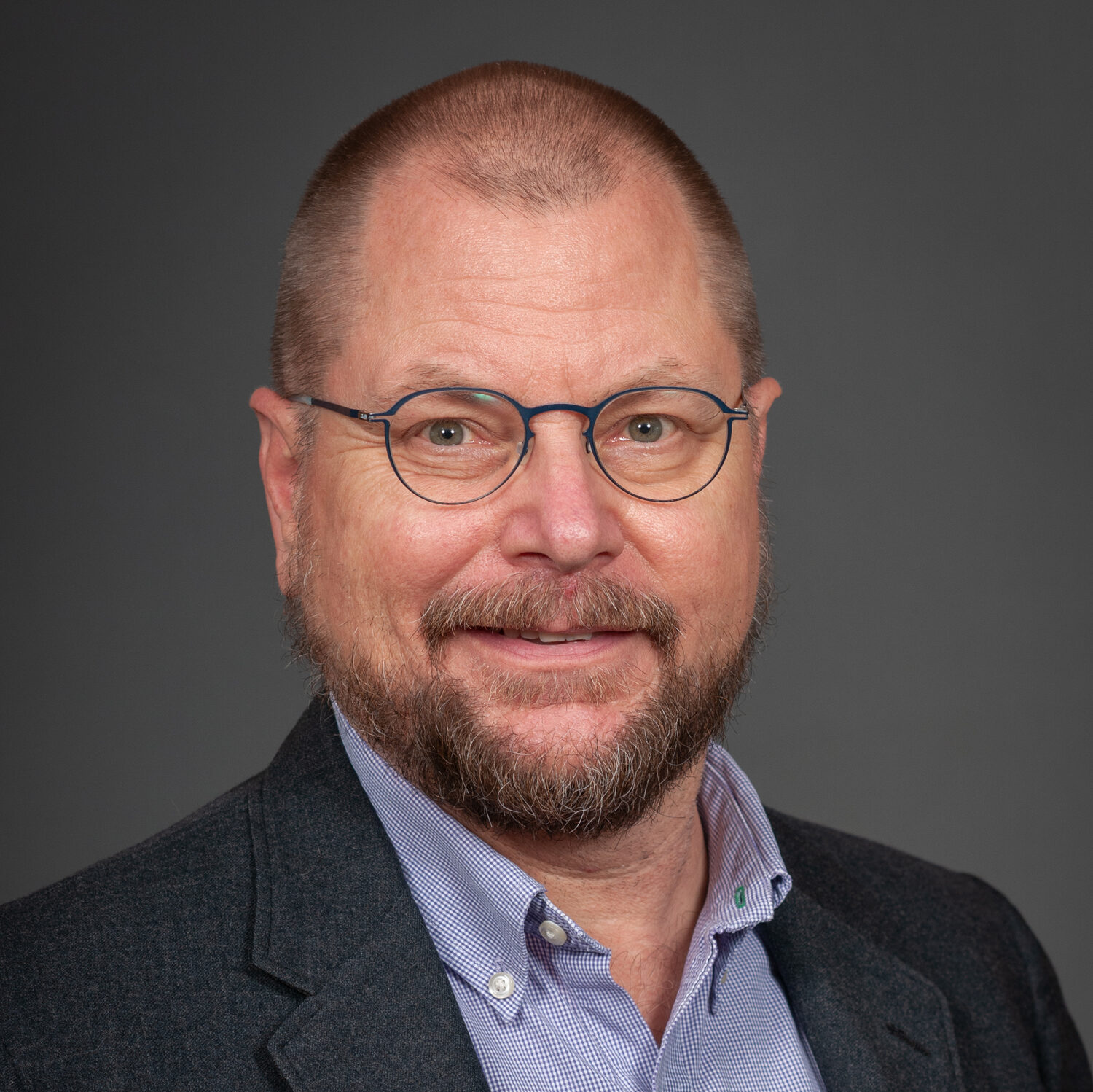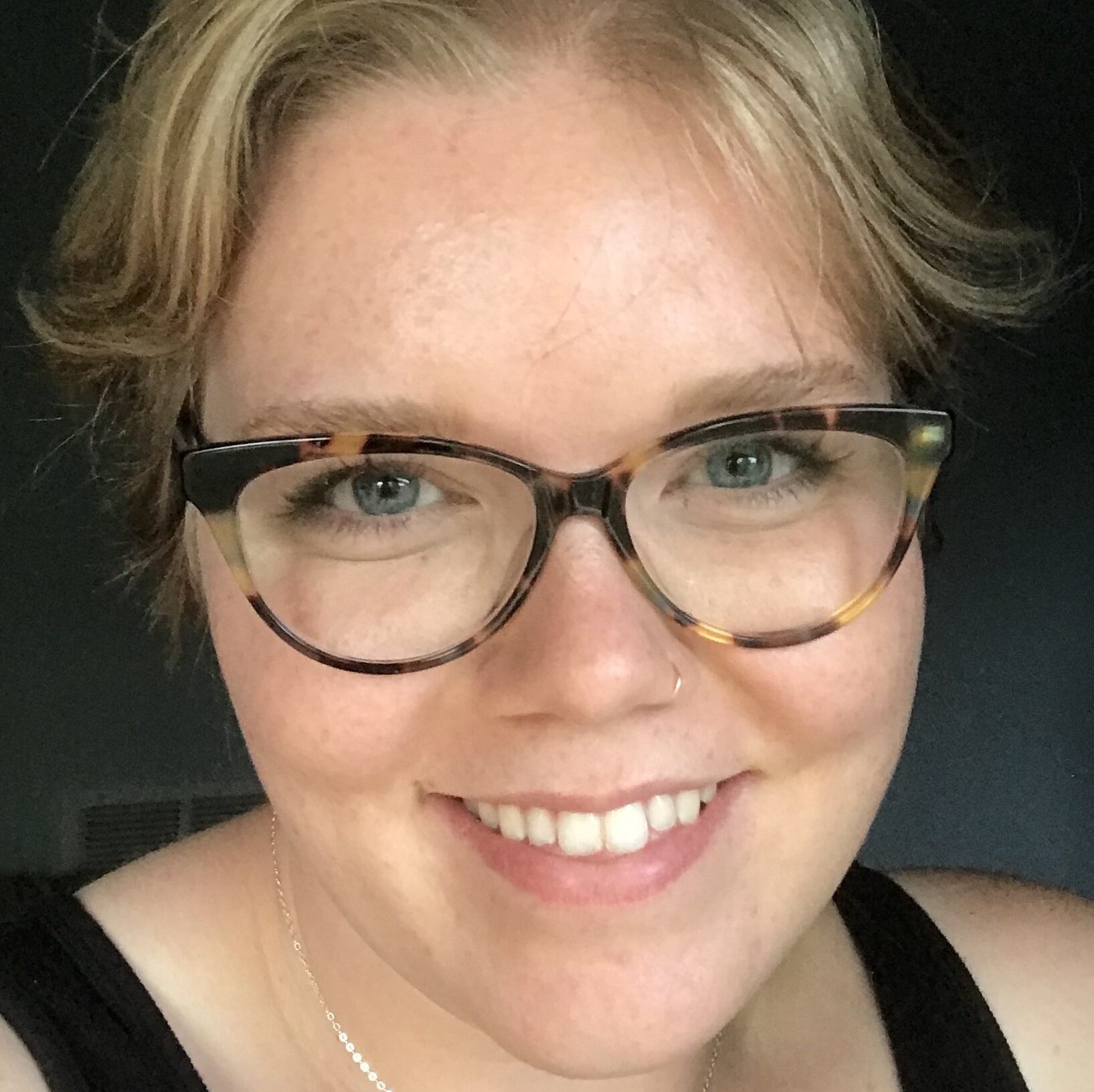About “Magnifying Community Voices”

Online Workshop
This August 2022 workshop has ended. Join our email list below to be notified when registration opens for our next online opportunity.
DATA BASICS
Want to build your understanding of or brush up on foundational data concepts before the next training? Sign up for our FREE self-paced, 20-minute course, “Data Basics!”
Training Description
Program development in public health often starts from a review of data. However, what type of data is reviewed, and how the data is collected influences conclusions about which health and social issues are being prioritized. Engaging community members in the planning for, collection of, and interpretation of data; and subsequently in the development, implementation, and evaluation of programs is critical to achieve health equity.
This 1.5-hour virtual lunch-and-learn will advance your knowledge of how to engage the community in public health essential services.
Learning objectives include:
- Describing ways community members can be involved in data creation.
- Explaining principles to guide these activities.
- Exploring real-world examples of collecting data and sharing findings in partnership with the community.
Faculty Trainers

Paul Gilbert, PhD
Associate Professor
Dr. Gilbert conducts research to understand alcohol use and reduce drinking-related harms. He is particularly interested in the ways that gender, race/ethnicity, and sexual orientation shape drinking patterns, risk of alcohol use disorders, and use of treatment services. Among current projects, he is conducting a national, NIH-funded study to investigate how people define recovery when they don’t seek treatment, the behavior change strategies leading to resolution of a drinking problem without treatment, and how untreated recovery may vary by gender and race/ethnicity. In the past, Dr. Gilbert has conducted a study of Iowa’s social host liability law that was supported by the Iowa Institute of Public Health Research and Policy, partnered with colleagues at the Iowa Cancer Consortium, One Iowa, and Des Moines University to conduct a comprehensive survey of LGBTQ Iowans’ health status and needs, and led a community survey in West Liberty, Iowa, to identify strengths and health concerns among Latino residents. Dr. Gilbert teaches several courses, including Health Equity and Social Justice in Public Health, Advanced Behavioral Theories, and a professional development seminar. Among other activities, he leads the public health track of the Summer Health Professions Education Program at the University of Iowa and serves as the chair of the Alcohol, Tobacco, and Other Drugs Section of the American Public Health Association.

Rima Afifi, PhD
Professor and Director of the Prevention Research Center for Rural Health
Rima Afifi is professor, and Director of the Prevention Research Center in the Department of Community and Behavioral Health, College of Public Health, University of Iowa. Her research and practice focus on mental health, refugee and immigrant wellbeing, and substance use. She advocates for an emphasis on social, structural, and commercial determinants of health to promote equity, and justice. Rima applies principles and methods of community-engaged research and cultural humility to equalize power, voice, and self determination of communities experiencing marginalization; uses frameworks and tools of implementation science; and emphasizes knowledge transfer to practice and policy.

Heidi Haines, MS
Center Coordinator and Evaluator, University of Iowa Prevention Research Center for Rural Health (UI PRC-RH) & Project Director, University of Iowa Cancer Prevention Control Research Network (UI CPCRN)
Heidi is the center and research support manager for the Prevention Research Center for Rural Health in the College of Public Health since 2008. She is also Project Director for the UI CPCRN . She conducts the center-level evaluation, coordinates center-level projects and assists with communications and dissemination, translation, and training. Heidi research experience includes rural/micropolitan health, working with community-based organizations, program evaluation, community engagement and CBPR.

Hailey Bomar
Graduate Student, Community and Behavioral Health
Hailey Bomar is a doctoral student in the Department of Community and Behavioral Health, College of Public Health, University of Iowa. Her work centers on mental health in the contexts of young adult substance use, humanitarian settings, and homelessness. Hailey enjoys the challenge of adapting research to elevate community voices, and has experience with a variety of participatory methods in diverse implementation environments.

Vickie Miene, MS, MA, LMHC
Director, IPHPRP
Vickie Miene, MS, MA, LMHC is the Director of the Institute for Public Health Practice, Research and Policy and an Assistant Adjunct Professor in the Department of Health Management and Policy, at the University of Iowa, College of Public Health. The Institute brings together public health practitioners, researchers, community leaders and policy makers to expand the impact of public health research and improve the health of populations. Ms. Miene has over 25 years of experience building and evaluating effective community based health care delivery models. Vickie lead a multimillion dollar, multi-year federally funded System of Care in 10 counties of NE Iowa, which gained national recognition as the first SOC that effectively combined social support and medical systems through an integrated team-based model of care. Ms. Miene has lead statewide training and technical assistance initiatives focused on integrated health, large scale quality improvement initiatives, and peer support services for the chronically mentally ill. Vickie currently co-leads a RWJF supported INVEST Health initiative to improve health among low income populations through creating partnerships between health and housing sectors. She has conducted various qualitative studies, most recently an assessment of Iowa public health data needs. Contact Vickie
Sponsors
This training is provided free of charge thanks to a collaboration between these organizations:


